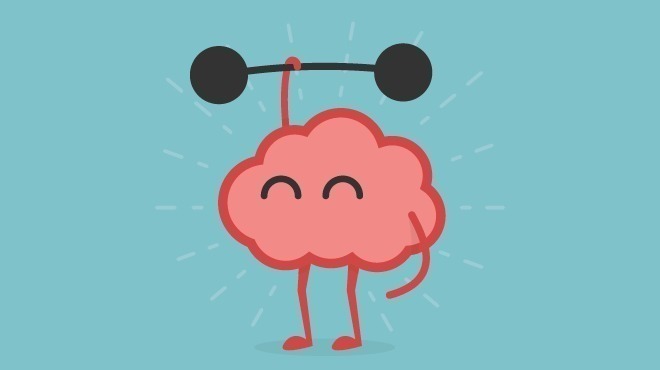Posts Tagged ‘cognitive-physical training’
On cognitive-physical training, brain biomarkers, dementia, ketamine, brain teasers, riddles and more
Welcome to the last 2022 edition of SharpBrains e‑newsletter, featuring a few selected brain health news and fun teasers to challenge your brain and help us all think outside the box. #1. “Everyone agrees that Google Glass failed when it came to market, but to me, it’s a symbol of hope … It inspired people to…
Read More
